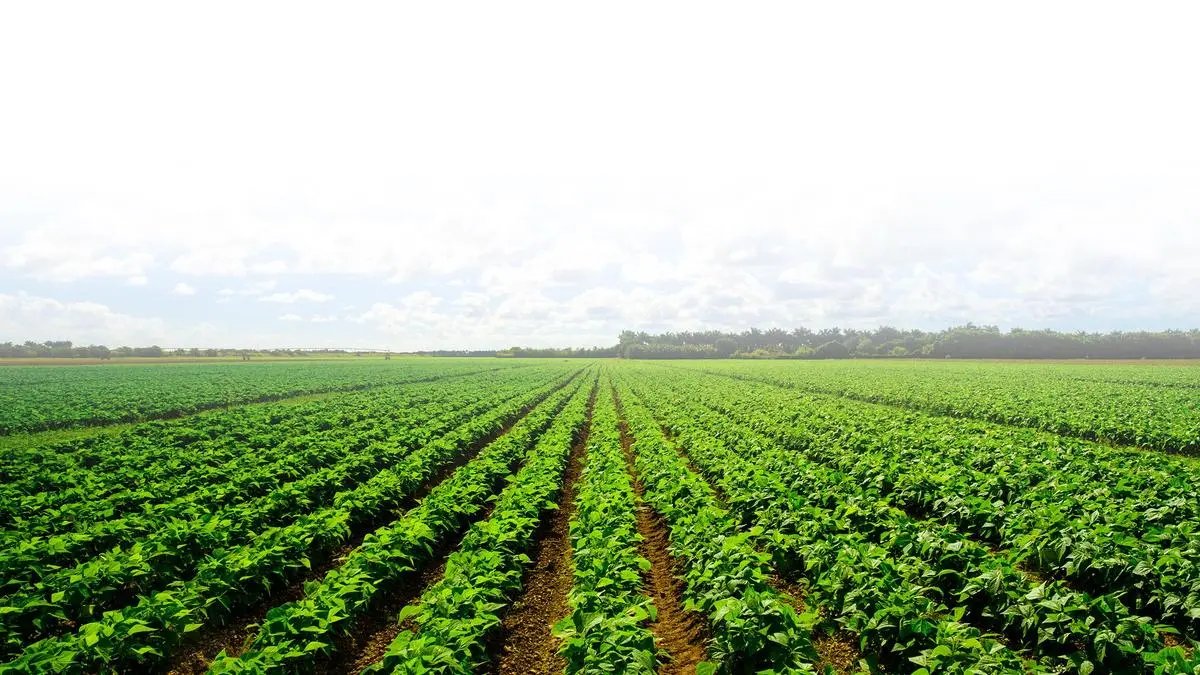Wavar, KARD partners for Madhya Pradesh expansion


(representative image)
| Photo Credit:
istock.com
Wavar, an integrated pest management (IPM) company, has announced its expansion into Madhya Pradesh through a state-level partnership with Kamdar Agro Research & Development (KARD), Indore. The partnership was formally announced in the presence of Sanjay Patidar and Kamlesh Patidar from KARD.
Through this collaboration, Wavar and KARD will jointly implement IPM solutions across major agri belts of the state, including Indore, Dhar, Ratlam, Shajapur and Sehore, with plans to impact over 1 lakh farmers in the first phase.
A media statement said that the partnership will focus on introducing Wavar’s full range of eco-friendly pest management products, field-level training, and digital traceability systems that help farmers reduce input costs by up to 40 per cent, improve yields, and ensure healthier soil and food quality.
Wavar’s collaboration model integrates technology, farmer engagement, and on-ground entrepreneurship through initiatives like ‘Wavar Mitra’ and ‘Wavar Saheli’. The company’s data-led processes will help farmers and distributors track adoption, crop performance, and field outcomes, building accountability and trust in the system, it said.
Joy Chakraborty, Co-Founder of Wavar, said: “Madhya Pradesh is one of India’s most dynamic agricultural states, and our presence here is both strategic and mission-driven. We believe that true transformation in farming happens when sustainability meets scalability. Through this partnership with KARD, we aim to build a state-wide ecosystem that delivers both productivity and purpose – where every farmer can grow profitably while protecting the land for future generations.”
Sanjay Shirodkar, Co-Founder of Wavar, said: “Our partnership with KARD reflects our larger vision of ‘Har Gaon IPM’ – to bring integrated pest management to every village in India. With Madhya Pradesh’s vast farming diversity and progressive leadership, this collaboration will set a benchmark for how sustainable, science-based pest management can strengthen both profitability and resilience for farmers.”
Published on November 10, 2025


